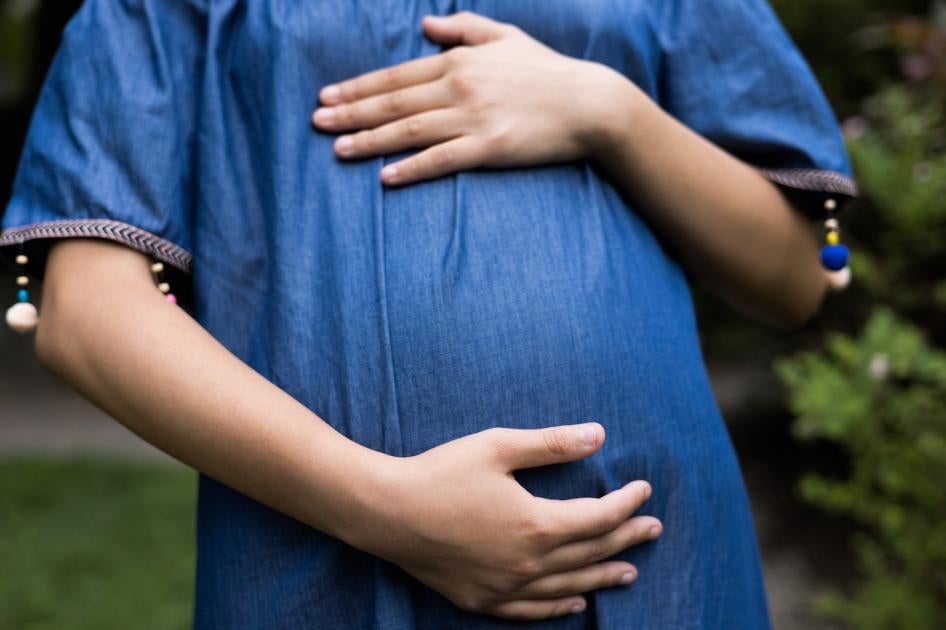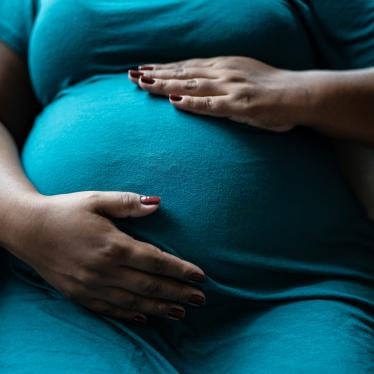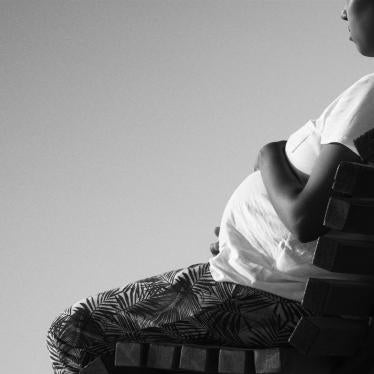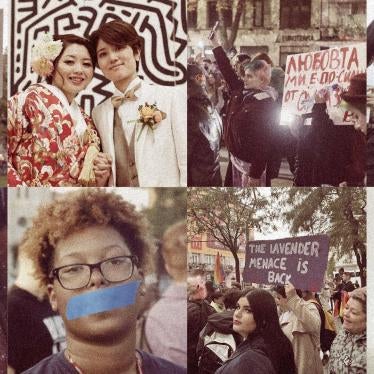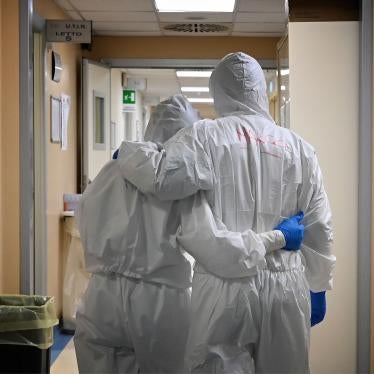As many countries around the world are facing threats from deadly extreme heat, public health officials should ensure pregnant people are considered among those most at risk. Journalists and others investigating public health responses to the heat waves should also monitor that pregnancy health is considered.
Many studies have shown that exposure to high temperatures, including in early stages of pregnancy, are associated with premature birth and stillbirth. A smaller but growing number of studies have found associations with pregnancy complications and hypertension in pregnant people.
Human Rights Watch has documented how maternal health and pregnant people have often been left out of heat advisories and other efforts to raise awareness, for example in the United States and Germany. But there have thankfully been some improvements. The United Nations Fund for Children (UNICEF) has released a manual that includes warnings for pregnant people, the US Environmental Protection Agency included pregnancy health in a recent advisory about child health and extreme heat, and the World Health Organization included pregnant people in recommendations for planning for heat waves in Europe.
But not every pregnant person is equally at risk. Efforts need to be made to reach low-income pregnant people in many countries with crucial information on simple and low-cost ways to cool down. Understanding how extreme heat intersects with racism and marginalization is also necessary. In the US, for example, extreme heat’s effect on adverse birth outcomes like preterm birth and stillbirth is larger for Black women than white women.
Extreme heat also brings new urgency to pressing women’s rights problems around care work and women in work. Other organizations and researchers have raised concerns about how pregnant women can reduce exposure to heat in many places when they may have to travel to collect water, tend to crops or earn money in the burning sun, cook over hot fires, or look after heat-vulnerable children.
Including pregnant people as an at-risk group and informing them about the dangers of extreme heat are important first steps. But as the world boils again this summer, we also need public health officials and others to engage in heat as a feminist problem, hear from the most affected pregnant people and women’s rights groups, and begin to tackle this complex problem together.

